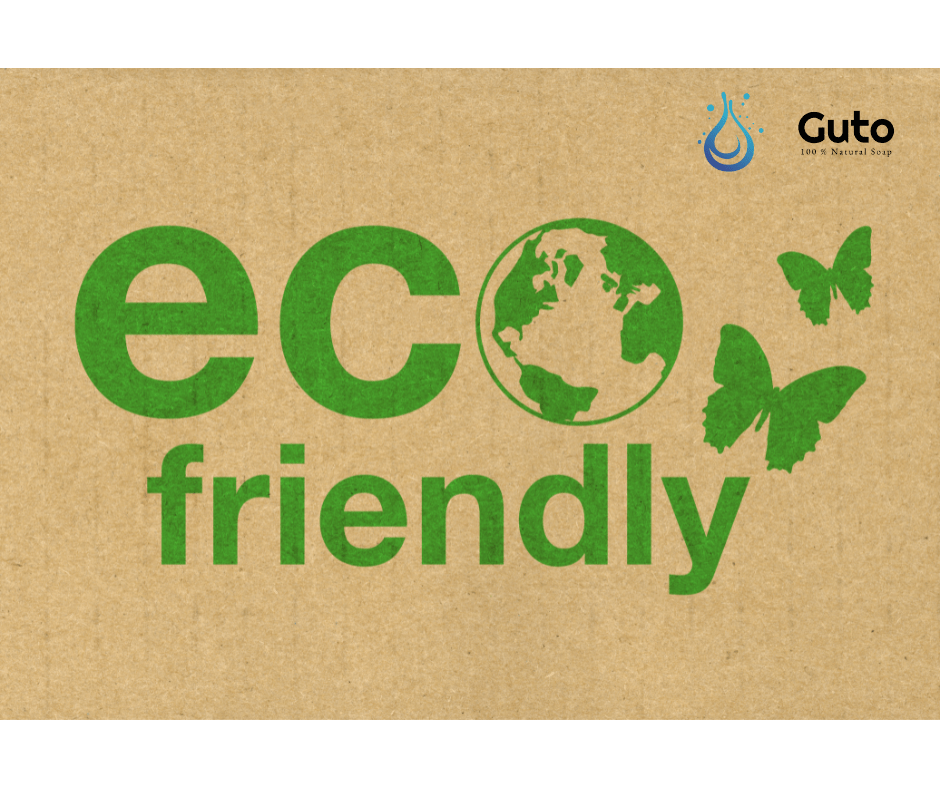
Who are environmental activists and how their lifestyle affects society and the world?
Share
In recent years, awareness of the importance of protecting the environment has been growing, and many people are choosing to change their lifestyles for the benefit of the planet. But who are environmental activists really, what motivates them, and how is their impact evident in the daily lives of all of us? In this article, we will review the social and ecological contributions of activists, the principles that guide them, and the challenges they encounter along the way.
Environmental activists: who are they and what benefit do they bring to society?
Environmentalists are people who consciously choose to live in harmony with nature. They strive to minimize the toxic load on the body, avoid synthetic chemicals and prefer natural products. Their lifestyle includes the use of environmentally friendly materials, reducing waste and conscious consumption. However, society sometimes reacts to them in a mixed way: some see them as an inspiring example, while others consider them too extreme or even “crazy”. Let’s examine how beneficial their lifestyle is and what place this movement has in the modern world.
Numbers and traffic growth
According to an international study conducted in 2023, more than 25% of the world's population — about 2 billion people — declare their commitment to the principles of an ecological lifestyle to one degree or another. Of these:
- 7% are active environmentalists who implement ecological practices in all areas of their lives (about 560 million people).
- 18% choose environmentally friendly products when possible, but do not strive to completely change their lifestyle.
Environmental activists are particularly active in European countries such as Germany, Norway, and Denmark, as well as in Canada, Australia, and some parts of Asia such as Japan and South Korea.
What do environmental activists believe?
Environmental activists believe that reducing toxic load and choosing natural products has a positive impact not only on personal health but also on the Earth's ecology. Their main principles:
- Conscious consumption: purchasing products only when needed, reusing products, and choosing products with minimal packaging.
- Health concerns: switching to an organic diet, avoiding artificial additives, and reducing exposure to toxic substances from cosmetics and household cleaning products.
- Waste reduction: sorting and recycling garbage, composting, and avoiding single-use plastics.
- Energy saving: use of renewable energy sources, saving water and electricity.
Benefit for society and the planet
Many studies show that an ecological lifestyle does bring benefits:
Reducing infections:
- According to the World Health Organization (WHO), switching to environmentally friendly household cleaning products can reduce the risk of diseases related to indoor air pollution by 20%-30%.
- In countries where recycling programs are popular, the level of soil and water pollution has decreased by 15% in the last decade.
Saving resources:
Households in Europe that have switched to energy-saving technologies save up to 30% on electricity consumption, which contributes to reducing carbon dioxide emissions by millions of tons every year.
Improving health:
A Harvard University study (2021) found that consuming organic food reduces the likelihood of chronic diseases such as diabetes and cardiovascular disease by 10%-15%.
Criticism and stereotypes
Despite the obvious benefits, environmental activists are often criticized:
- Lifestyle complexity: Some argue that it requires too much time, effort, and financial expense.
- "Fashionable trend": Opponents believe that many join environmental awareness for the sake of status and not out of sincere belief.
- Extremism: For example, advocates of veganism or avoiding cars may cause misunderstanding among the general public.
The future of the movement
The eco-friendly movement continues to grow. Countries are adopting laws that support sustainable development, and companies are increasingly offering environmentally friendly products. For example:
- The European Union plans to reach 70% waste recycling by 2030.
Environmental activity ceases to be the preserve of individuals and becomes part of a global strategy for preserving the Earth.
Summary
Environmentalists are not just enthusiasts with an unusual lifestyle. Their activities bring real benefits to society and the planet by reducing the burden on the environment and improving the quality of life. Even small steps towards an ecological lifestyle can make a significant contribution. Instead of criticizing them for their extremism, it is worth thinking about how ecological principles can be introduced into our daily routine.







